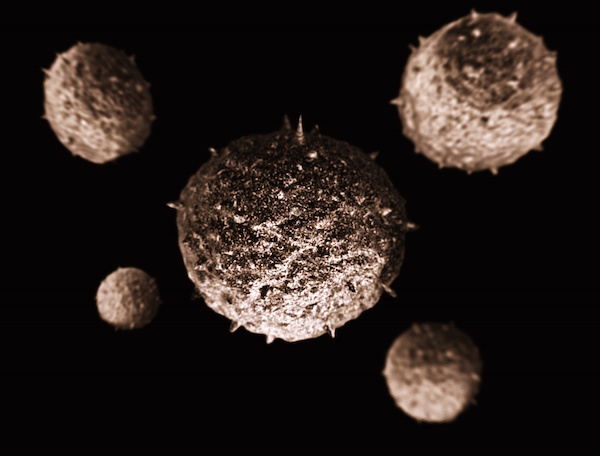
THURSDAY, Aug. 18 (HealthDay News) — Two gene variations that increase smokers’ risk of lung cancer have been identified by researchers.
Smokers with the variants also tend to smoke more and become more dependent on cigarettes, the Canadian study found.
Researchers at the Centre for Addiction and Mental Health in Toronto looked at 417 current or former smokers with lung cancer and 443 current or former smokers without cancer.
Smokers with the variations in the nicotine metabolic gene (CYP2A6) and the nicotinic gene cluster (CHRNA5-A3-B3) were more likely to have lung cancer, more likely to be more nicotine dependent and were more likely to smoke heavily.
The increased risk of lung cancer among people with both variants was the most pronounced among light smokers who smoke 20 or fewer cigarettes a day, the investigators found.
“While heavier smoking increases the overall risk for lung cancer (as well as other health problems), our study looked specifically at the effects of these two genes on cancer risk,” said study author Rachel Tyndale in a news release from the center. “We found the genetic risk from these two genes made a larger contribution among lighter smokers,” she noted.
“The nicotine metabolic gene appears to have a larger influence on how many cigarettes people smoke each day, while the nicotinic gene cluster has a larger impact on the risk of lung cancer,” Tyndale added.
“The combined effect of having both high-risk gene variations more than doubled the odds of developing lung cancer,” she said.
The finding is important because many smokers tend to smoke less than they used to, according to the researchers.
The study is published in the September issue of the Journal of the National Cancer Institute.
More information
The U.S. Centers for Disease Control and Prevention outlines lung cancer risk factors.

